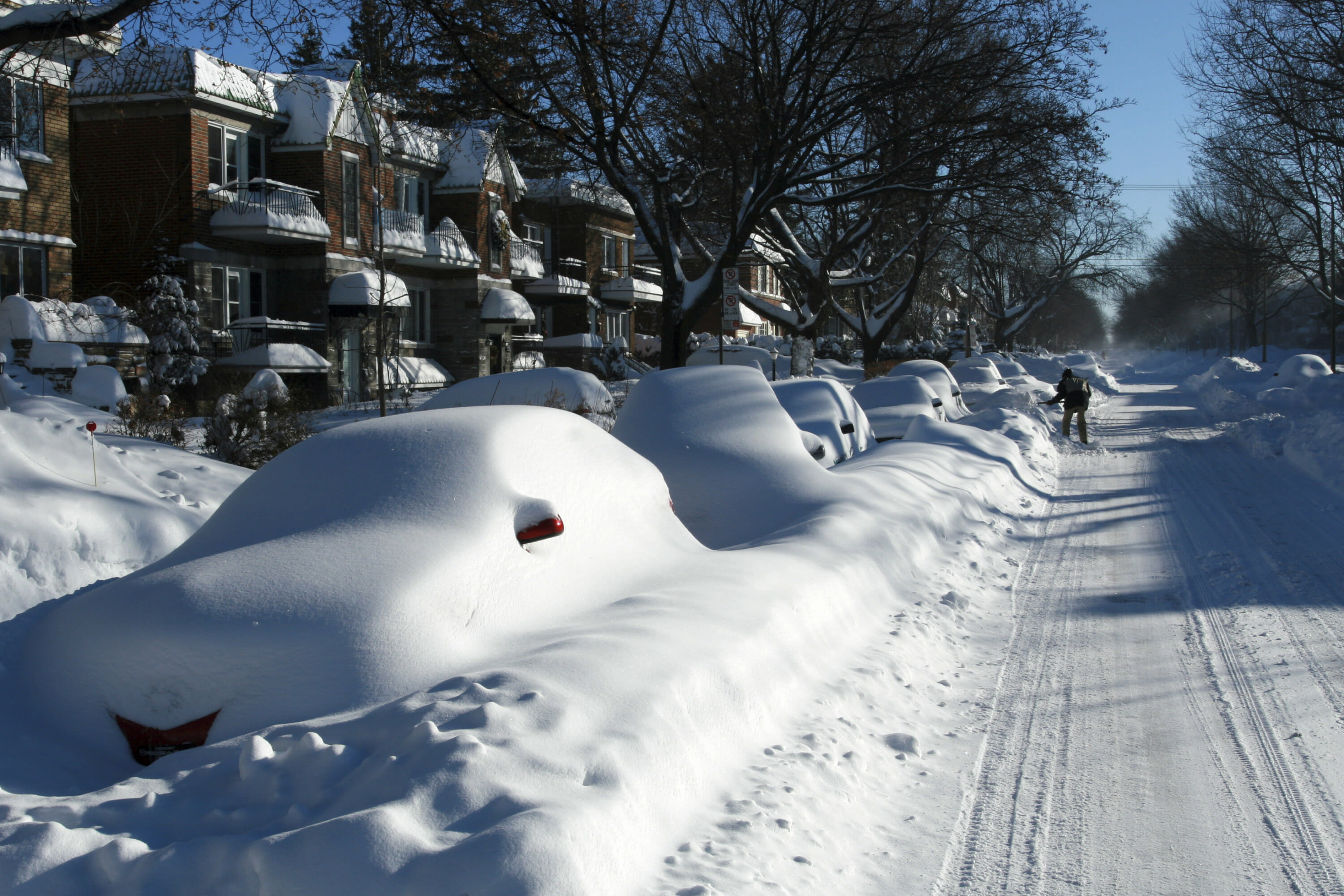 This winter, record snowfall in the Northeast in cities like Boston have caused one snow emergency after another. Never-before-seen crises have included shutdowns of public transportation system for days at a time and major pile-ups on slick area highways. Home owners, tenants, and business owners have been hit hard, too, with more than 160 roof collapses in Massachusetts alone.
This winter, record snowfall in the Northeast in cities like Boston have caused one snow emergency after another. Never-before-seen crises have included shutdowns of public transportation system for days at a time and major pile-ups on slick area highways. Home owners, tenants, and business owners have been hit hard, too, with more than 160 roof collapses in Massachusetts alone.
In March, while authorities and citizens continued to struggle to return to normal in the aftermath, I proposed to four veteran property managers a scenario in which a crisis unfolds at one of their buildings, while a blizzard batters and buries the city.
Then I asked them: “How would you handle it?”
It’s 11:30 p.m. and the third blizzard in two weeks is pummeling your city. Ten-foot-high snowbanks slump against buildings, on-street parking has been banned, and the mayor has ordered unnecessary vehicles off the road until morning.
Suddenly, Ellen, a second-floor tenant in a ten-story building you manage, calls to report frozen pipes have burst and are spewing ice-cold water throughout her apartment. Water is also pouring into the unit below, which belongs to Max, an elderly man who rarely leaves his apartment. Ellen has repeatedly banged on Max’s door and called his phone, but there’s no response.
How would you handle it?
Co-Owner, Ace Mulligan Homes, Pinal County, Arizona
“First of all, when first responders tell you to stay off the roads, please listen to them. In emergencies like this, they have one goal: preserving life. They take great pains to plan for these situations. Planning is everything, so being prepared to handle such a situation is something you should work out when you take over management of a building.
Emergencies come with no warning, and you never know with what severity they’ll strike. As a property manager, never violate a protective order by Emergency Services. We’re not equipped to handle the problem like they are and may put lives in harm’s way, and nobody wants that.
It’s important, especially in a 10-story building located in an environment subject to dangerous weather conditions, to work with your local fire department or city’s Emergency Medical Service to set up an evacuation plan and emergency response.
For example, ask a tenant to be the designated Emergency Response person to shut down the water in these situations. Ask the Maxes in your buildings if they have conditions that require special attention.
And in these cases, Rule #1 is to call 911.”
REALTOR® and Principal, Greener Montana Properties, Hamilton, Montana
“Assuming I can’t get to the property, I would first try to contact Max, the tenant in the lower unit. I record emergency contact numbers during my application process, which gives me more options to contact the tenant than a neighbor might have.
If I can’t get in touch with the tenant or someone who knows where he is, I would call the authorities to ask if they could do a welfare check . Ideally, I would get them the keys, and, in the worst case scenario, I would authorize them to gain entry in any way possible to ensure the tenant is okay.
Although my primary job is to protect the property, my primary concern is the safety of my tenants. While contacting the authorities, I would try to talk Ellen through finding the water shut-off for her unit and for the building.”
Property Manager, Isalia Property Group, Boston, Massachusetts
“During this terrible winter, I’ve had to deal with my share of emergencies, but, fingers crossed, hopefully never one like this. If such a snow emergency did arise, I would handle it this way:
First, I would hang up with Ellen and call 911 for the police to check on Max. I would give the 911 operator explicit instructions to have the police call me on my cell phone when they got to the apartment. Because all our buildings use keypad codes, I could easily give the police the code to get in and check on Max because it’s an emergency.
Next, I would call Ellen and have her shut off the water to the building if she doesn’t know which appliance or pipe the water was coming from. All our water shut-off valves are easy to find. Later, I would have Ellen send me pictures and video of her apartment to my cell phone to better assess the damage.
Also, I would email all tenants right away to let them know about the frozen pipes and water leak in the building and that the water had been temporarily shut off. My maintenance team and I would get there to see what the damage is and start repairs first thing in the morning.”
Former Property Manager and Customer Care Agent, Buildium
“When I was a property manager, I encountered many situations like this. Because Ellen’s unit is being damaged and the property is experiencing permanent structural damage, I would enter Max’s unit — without his consent.
For cases like this, states have “right of entry” laws for landlords and property managers. Though there are differences from one state to another, in a confirmed building emergency (for example, a fire or frozen pipes that have burst), you usually have the right to enter a unit without the tenant’s prior consent.
The issue here is safety, not just inconvenience. After shutting off the water, I would assess the property damage and then advise Ellen to contact her renters insurance company, because buildings are only responsible for damage to the units themselves.
Your management company is only found responsible if you have ruled out the tenant as a probable cause of the broken pipe. Your property insurance policy isn’t responsible for reimbursing Ellen for her possessions, only for fixing her apartment.”
Of course, every emergency situation and the people involved are unique. Have you ever found yourself in a similar bind? What would you do?
Read more on Maintenance





